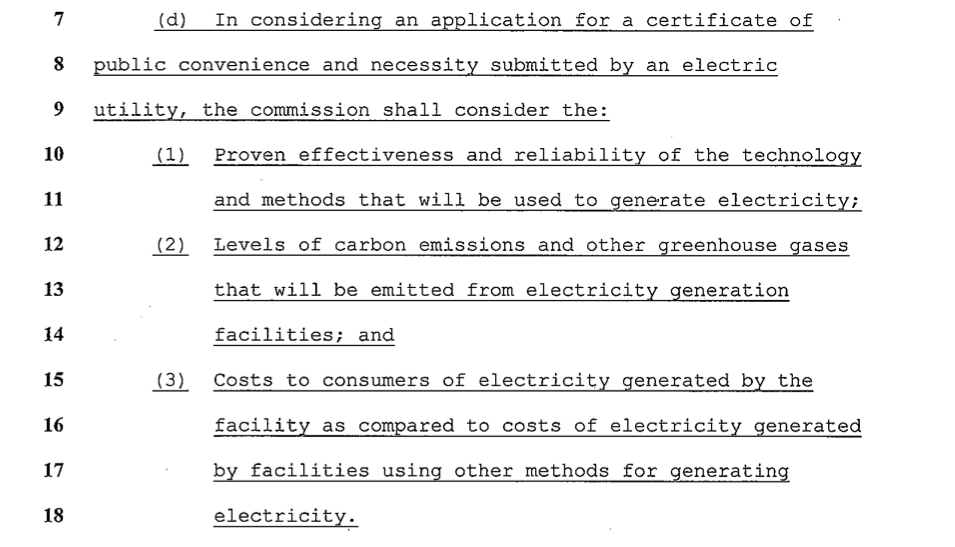Right here, right now, we have the ability to change this.
We can change things so the economy will give, give, give, and the culture – the people – will receive.
If we are successful in supplying the biggest proportion of our electrical base power from stable and inexpensive geothermal resources, thereby replacing oil, Hawai‘i will become relatively more competitive to the rest of the world, and, relative to the rest of the world, our standard of living here will rise.
I’ve written here before that I am involved with Ku‘oko‘a. It’s an idea whose time has come.
Lots of people have asked how they can help. Check out the Ku‘oko‘a website, where we will be posting ways you can help free Hawai‘i from fossil fuels, and at the same time help to raise the standard of living for our keiki.
I wrote more about The Geothermal Working Group’ Interim Report here at the blog:
There is an urgency to developing new energy resources because Hawai‘i, like most of the world, is overwhelmingly dependent upon depleting supplies of fossil fuels. The consensus among credible resource scientists and many economists is that petroleum prices will rise to unprecedented levels in a few years. Since Big Island uses oil for 90 percent of its power, this is of the utmost concern to leaders in government and business. Hawai‘i is the most petroleum-dependent state in the nation; the Big Island alone exports $1 billion annually to purchase oil for power. Geothermal is viewed as an important component in a suite of local and available energy resources. Read the rest
This is not about us. It is about future generations.

